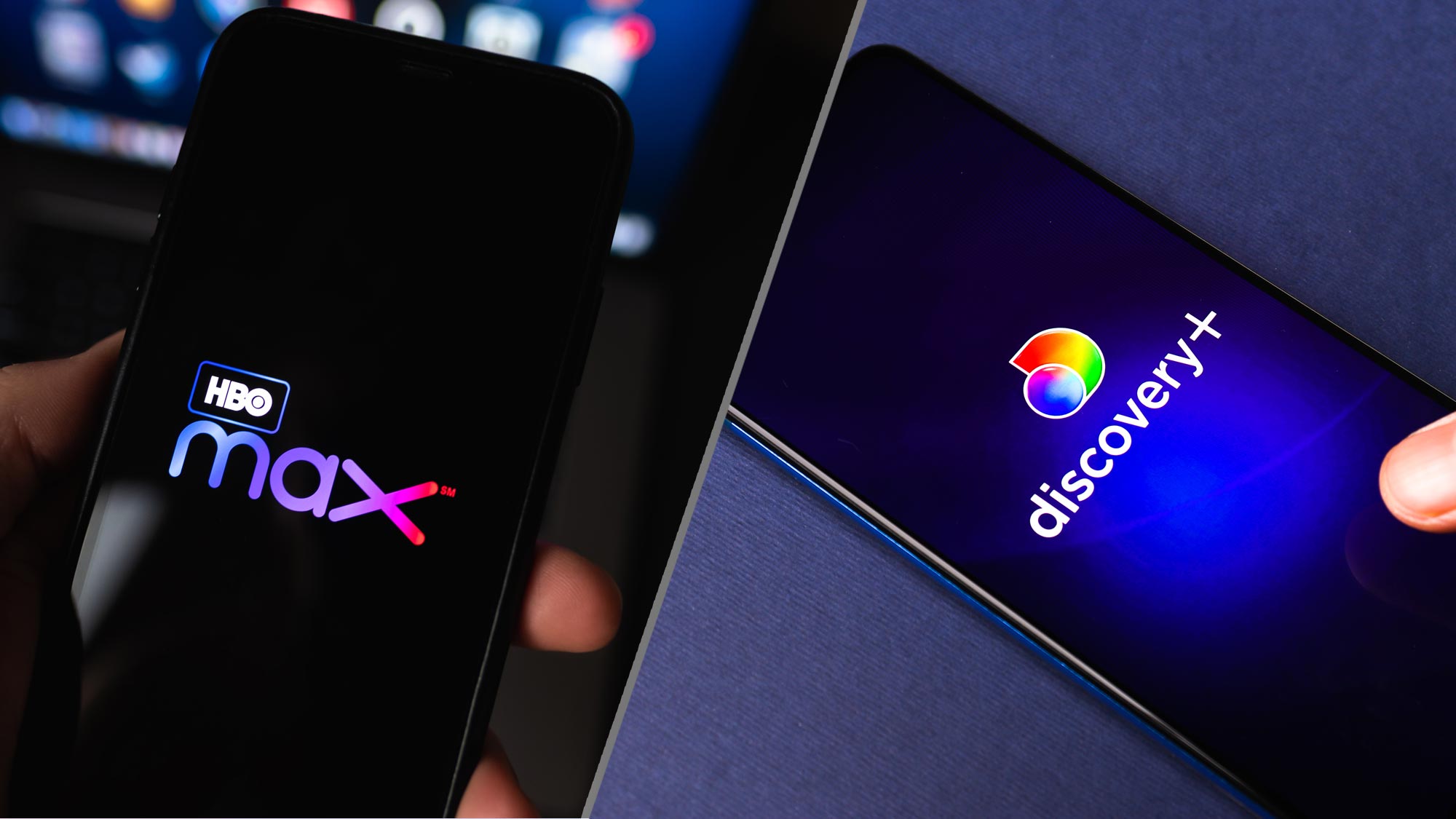
The streaming landscape has been shaken by a massive earthquake, the merger of WarnerMedia and Discovery. AT&T announced Monday morning that it is spinning off its content business, which will combine with Discovery to form a super-sized media company that's bigger than Netflix.
The move will put a ton of the the biggest entertainment brands under the same umbrella, including HBO, Warner Bros. movie studios, CNN, DC Comics, Discovery, the Food Network, HGTV and Animal Planet.
The new company will have two streaming services in HBO Max and Discovery Plus. And for consumers, that could result in consolidation or bundles, much like Disney offers for Disney Plus and Hulu.
- What to stream this week: 12 new movies and shows
- The best HBO Max movies and shows to watch right now
- Plus: ABC tops Netflix by canceling 5 shows — here's what's dead
Together, WarnerMedia and Discovery made more than $41 billion in sales last year and had operating profits over $10 billion. According to The New York Times, the combo will be bigger than Netflix and just behind Disney as the second-largest media company in the U.S.
The merger still must be approved by Discovery shareholders and is subject to regulatory oversight, but is expected to be completed by mid-2022.
And when the deal is done, it will completely overhaul the streaming race — and create a major challenger to Netflix.
What it means for streaming (and your subscriptions)
For media companies, streaming is the future. They have all invested heavily in launching their own platforms in the last couple of years — Disney with Disney Plus (and finalizing full ownership of Hulu), WarnerMedia with HBO Max, NBCUniversal with Peacock, ViacomCBS with Paramount Plus (built off of CBS All Access) and Discovery with Discovery Plus.
Sign up to get the BEST of Tom's Guide direct to your inbox.
Get instant access to breaking news, the hottest reviews, great deals and helpful tips.
These streaming services were built to showcase and profit off of the companies' in-house content — and keep it off Netflix. Now, two of them are joining forces to take on the streaming leader.
HBO Max has around 20 million subscribers, while Discovery cites 15 million global streaming subscribers. That's nowhere close to Netflix's 208 million worldwide users or even Disney Plus' 100 million. But together, HBO Max and Discovery Plus make a stronger competitor for streaming dollars.
With so many services in the market now, churn is a huge concern. Most consumers can't subscribe to all of them and will pay one month, then cancel the next, depending on where they can watch the content they want.
HBO Max and Discovery Plus actually complement each other. HBO Max's catalog boasts high-quality, scripted movies and TV shows, while Discovery Plus is filled with unscripted fare about food, home, travel and relationships. A merged service would truly offer everything.
And if they stay separate, they could bundled together with a discount — also a win for consumers. Disney does that with a bundle that gives access to Disney Plus, Hulu and ESPN Plus for a reduced cost.
HBO Max has already become the best streaming service thanks to its premium content; adding Discovery Plus in any form would make a fantastic streaming option (HBO Discovery Max Plus?) and a formidable Netflix replacement.
- Next: The best streaming devices to watch your favorite shows

Kelly is the managing editor of streaming for Tom’s Guide, so basically, she watches TV for a living. Previously, she was a freelance entertainment writer for Yahoo, Vulture, TV Guide and other outlets. When she’s not watching TV and movies for work, she’s watching them for fun, seeing live music, writing songs, knitting and gardening.
